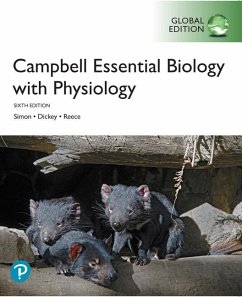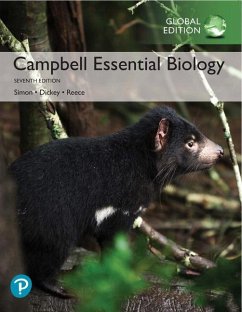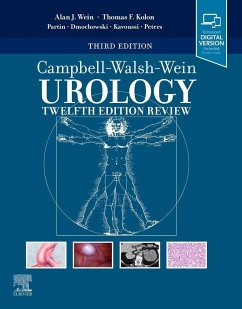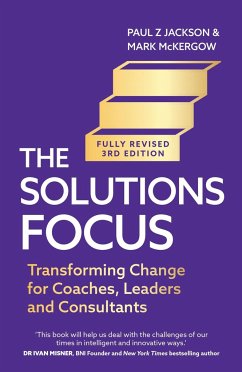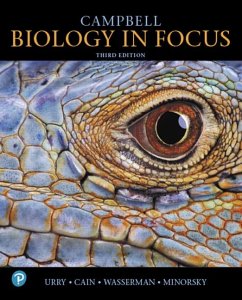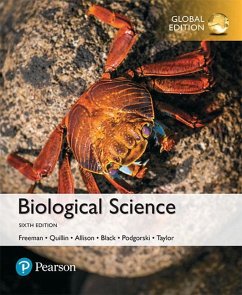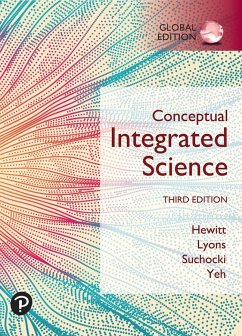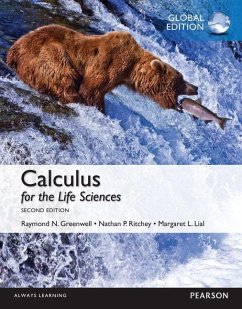Nicht lieferbar
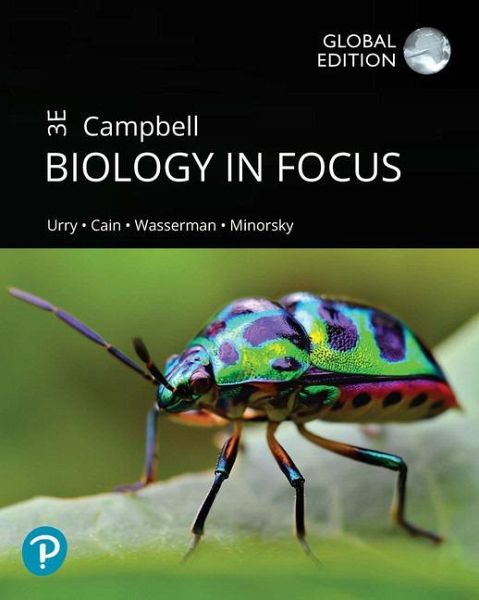
Campbell Biology in Focus, Global Edition
Versandkostenfrei!
Nicht lieferbar
For introductory biology course for science majors Focus. Practice. Engage. Built unit-by-unit, Campbell Biology in Focus achieves a balance between breadth and depth of concepts to move students away from memorization. Streamlined content enables students to prioritize essential biology content, concepts, and scientific skills that are needed to develop conceptual understanding and an ability to apply their knowledge in future courses. Every unit takes an approach to streamlining the material to best fit the needs of instructors and students, based on reviews of over 1,000 syllabi from across...
For introductory biology course for science majors Focus. Practice. Engage. Built unit-by-unit, Campbell Biology in Focus achieves a balance between breadth and depth of concepts to move students away from memorization. Streamlined content enables students to prioritize essential biology content, concepts, and scientific skills that are needed to develop conceptual understanding and an ability to apply their knowledge in future courses. Every unit takes an approach to streamlining the material to best fit the needs of instructors and students, based on reviews of over 1,000 syllabi from across the country, surveys, curriculum initiatives, reviews, discussions with hundreds of biology professors, and the Vision and Change in Undergraduate Biology Education report. Maintaining the Campbell hallmark standards of accuracy, clarity, and pedagogical innovation, the 3rd Edition builds on this foundation to help students make connections across chapters, interpret real data, and synthesize their knowledge. The new edition integrates new, key scientific findings throughout and offers more than 450 videos and animations in Mastering Biology to help students actively learn, retain tough course concepts, and successfully engage with their studies and assessments. Also available with Mastering Biology Mastering™ is the teaching and learning platform that empowers you to reach every student. By combining trusted author content with digital tools developed to engage students and emulate the office-hour experience, Mastering personalizes learning and improves results for each student. Built for, and directly tied to the text, Mastering Biology enables an extension of learning allowing students a platform to practice, learn, and apply outside of the classroom. Learn more about Mastering Biology.




